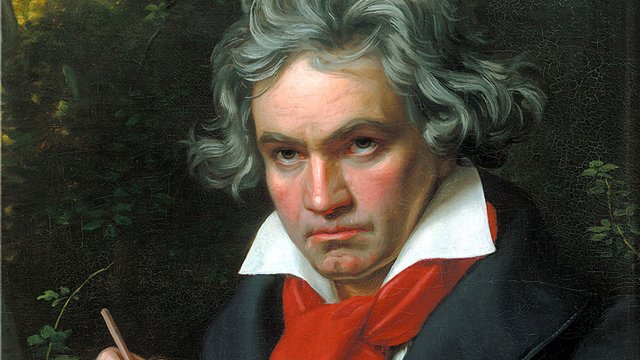
LUDWIG VAN BEETHOVEN BIOGRAPHY:
Ludwig van Beethoven, a titan of classical music, was born on December 16, 1770, in Bonn, Germany. His early life was marked by adversity as his harsh, disciplinarian father recognized young Beethoven’s prodigious talent in music and began grooming him for a career as a child prodigy. Beethoven’s early musical education came from renowned musicians like Joseph Haydn, whom he studied with in Vienna.
Beethoven’s career reached its pinnacle in the years leading up to the Romantic era. Both the expressive expressionism of the latter and the structural beauty of the former were evident in his compositions. One of his most well-known works, Symphony No. 9 in D minor, Op. 125, demonstrates his ability to challenge conventional forms.
LUDWIG VAN BEETHOVEN BIOGRAPHY CAREER:
His early career showcased his virtuosity as a pianist, gaining him recognition in Vienna’s aristocratic circles. However, tragedy struck when he began losing his hearing in his late twenties. Despite this impediment, Beethoven’s determination and passion for composition persevered, leading him to create some of his most iconic works during a period known as his “middle period.”
The “Eroica” Symphony, Symphony No. 3 in E-flat major, Op. 55 is a prime example of Beethoven’s groundbreaking compositions during this phase. It shattered conventions with length, structure, and emotional depth, setting the stage for the Romantic movement. His innovative use of orchestration and thematic development influenced generations of composers.
As his hearing continued deteriorating, Beethoven entered his “late period,” marked by profound introspection and experimentation. He delved into more abstract forms, such as the string quartet and piano sonata, producing masterpieces like the late string quartets and the “Hammerklavier” Sonata, Op. 106.
Beethoven’s impact on classical music extends beyond his compositions. He played a crucial role in transitioning from the patronage system to a more independent, entrepreneurial model for musicians. His Symphony No. 9, with its choral finale, stands as a testament to human resilience and unity.
Beethoven’s final years were marked by isolation due to his increasing deafness, yet he continued creating music that transcended his struggles. His legacy endures as one of the greatest composers in the history of classical music, his compositions a timeless bridge between the classical and romantic traditions. Ludwig van Beethoven passed away on March 26, 1827, leaving behind a rich legacy that continues to inspire and captivate audiences worldwide. We can learn many things from ludwig van beethoven biography
